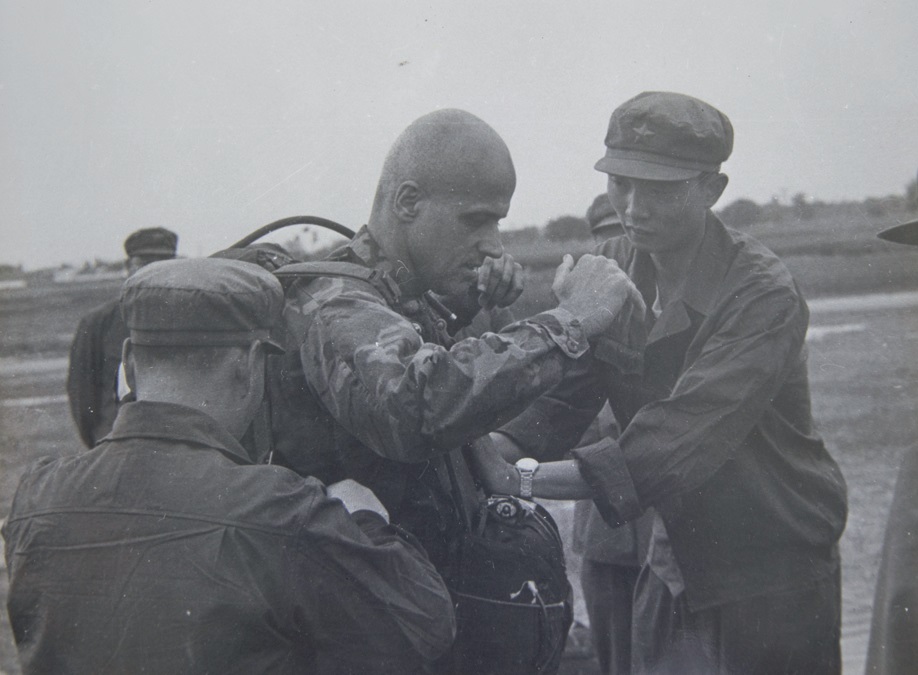From US general to working for peace

Editor's Note: "My China Album", a story-sharing project run by the Chinese embassy in Washington and China Daily, aims at highlighting the friendships between Chinese and American people, as expressed in photographs and accompanying captions. Those interested in participating in the program are invited to submit up to three photos with accompanying captions of 300 words or less, explaining the person-to-person exchange or relationship depicted in the photo.
For more details visit http://global.chinadaily.com.cn/mychinaalbum.

A sad-faced toy gorilla, dressed like a boxer with the national flags of the United States and China on each side, sits at the entrance of the apartment in Hollywood, Florida, where retired US Army Major General Bernard Loeffke resides.
"China and the US have had turmoil, and (the toy) is all banged up. It got gloves on, and it says I want a hug," Loeffke said humorously.
His apartment is filled with memorabilia — medals, awards, family and military photos, art pieces from around the world (including China) and a world map showing all the places he's been.
Loeffke pointed at a photo of the Vietnam Veterans Memorial: "I had 34 of my soldiers who died when I was a commander, and I have about 200 wounded. I don't want any more soldiers on walls," he said.
Loeffke is the recipient of four Silver Stars, five Bronze Stars and a Purple Heart for his military skill and valor on the battlefield. The former Special Forces officer once ran through enemy fire to rescue a fellow soldier.
The general himself was wounded by Chinese and Vietnamese trained and equipped by Chinese during the Vietnam War.
His first indirect contact with China wounded his body, but his subsequent contacts changed his views of the country and led him on a path of promoting friendship and understanding between the two peoples.
In 1973, as director of the White House Fellows, Loeffke visited China for the first time. During that trip, he shook hands with Chinese General Xu Xin, who was wounded by US fire as the commander of Chinese volunteers in the Korean War. The two generals became friends.
That experience led Loeffke on a path to view the Chinese not as enemies but as people to get to know and build friendships with.
































